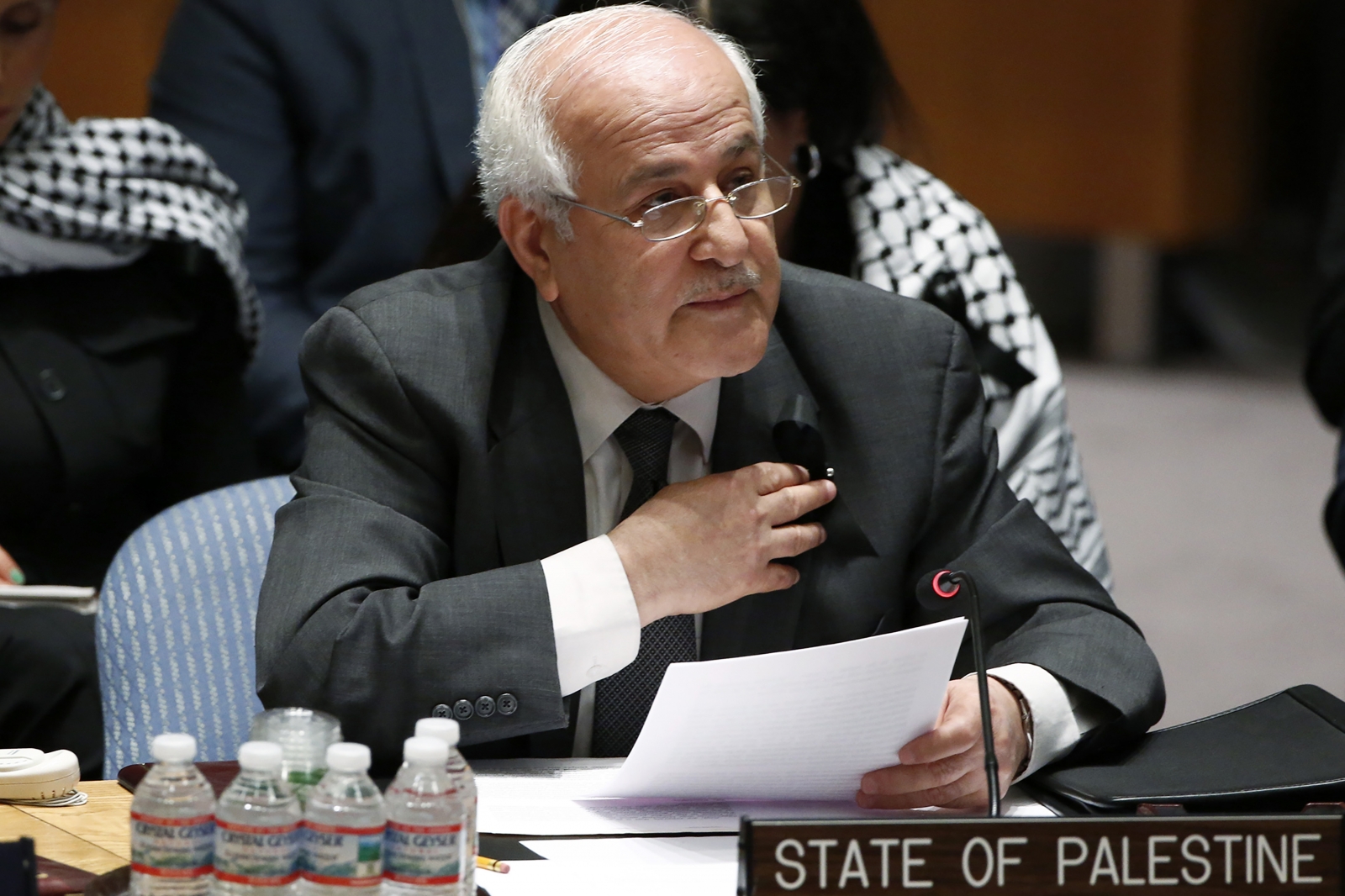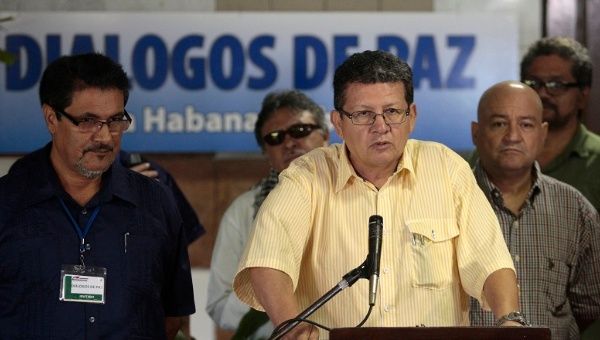By Mridula Tirumalasetti
Impunity Watch Reporter, South America
LIMA, Peru—At least 5000 people protested in the capital on Monday against a new Peruvian labor law, which discriminates against young people. Protests were held outside of the home of President Ollanta Humala, in downtown Plaza San Martin, and in front of Confiep, which is Peru’s biggest business organization. The peaceful protest has been the third protest against the legislation. The first protest earlier this month became violent as police armed with riot gear and water tanks used tear gas and beat protesters to disperse crowds. Some protesters fought back by throwing sticks and stones, and small Molotov cocktails.

The Youth Employment Law, which has been dubbed “Ley Pulpin” is supported by President Humala and passed by Congress. The law allows for employers to cut employment benefits, such as social security, life insurance, bonuses, and holiday benefits for young employees between the ages of 18 and 24.
The Peruvian government maintains that the new law will not only help reduce youth unemployment, which is four times higher for those aged between 18 and 24 than those between the ages of 30 and 65, but it will also help the poor. Lawmakers believe that because it will be cheaper to employ young people, employers will be more drawn to the idea of hiring new graduates and younger workers. Further, the benefits initially reduced will be incorporated if the employee continues to work for the employer after he or she turns 25.
However, the law has been met with opposition from student groups and labor unions. “We cannot allow the government, through their inaction and the few measures they have taken to reactivate our economy, to claim it has an effect on us young people with this package [law], with these abusive measures that violate the labor rights of the young,” declared Leonardo Rojas, one of the many protesters. Another protester, Marco Agurre said, “Unfortunately the fundamental rights of young people are being assaulted, many young people, this law is affecting all the young people in the country.” Picket signs were used, such as the one protester Cesar Ames used which read, “We are not just university students but also the people, citizens, and hundreds of members of the unions to annul this law and to open it up for debate and a general plan about what the labor law is.”
The International Labor Organization (ILO) has also criticized the new law. The ILO argues that the informal labor sector will not disappear, which is what the Peruvian government has claimed to justify the law.
For more information, please see:
Al Jazeera—Thousands protests against Peru labour laws—31 December 2014
teleSur—Peruvian Youth to Protest Against New Labor Law—22 December 2014
teleSur—Peruvian Police Attack Youth Labor Rights Protesters—19 December 2014
SkyNews—5,000 protest employment laws in Peru—30 December 2014
Peruvian Times—New Round of Protests Take Off Against Youth Labor Law—30 December 2014




